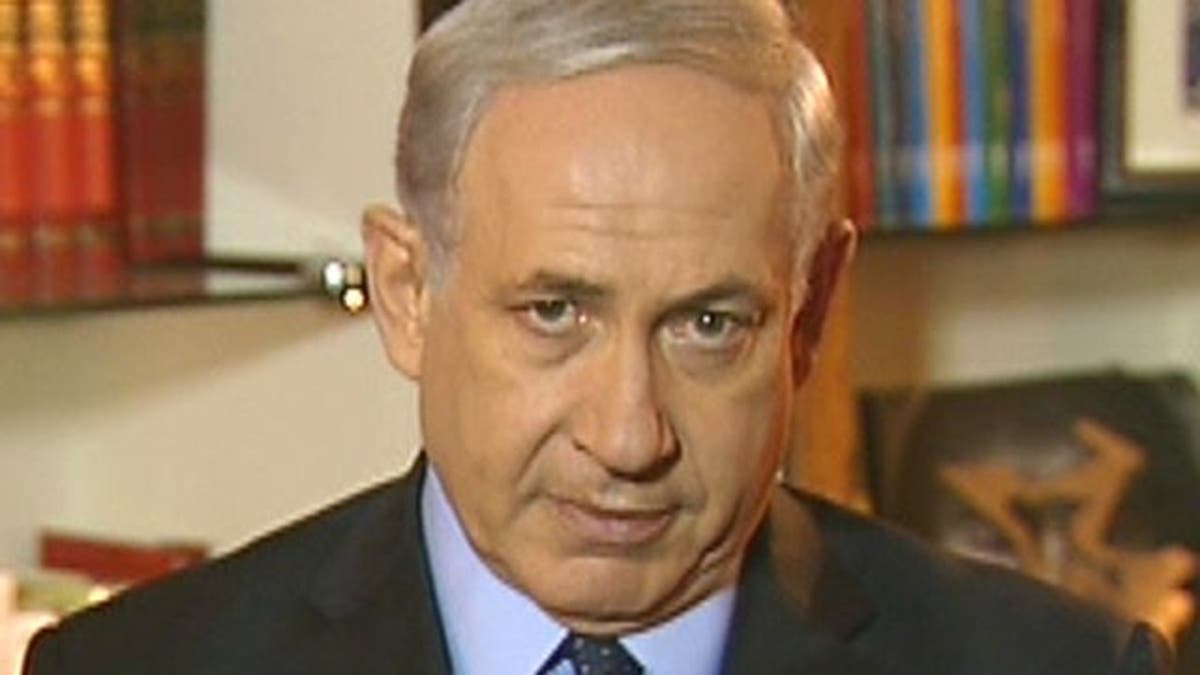
Israelis are asking themselves a long overdue question: What is the price of a price tag?
“Price tag” is the term of art for an escalating campaign of vandalism and fear that roving bands of Jewish vigilante tire-slashers, arsonists and racist graffiti scribblers are waging against the Arabs of the West Bank.
The term implies that these attacks are retaliatory, a tit-for-tat response to hostile Palestinian acts against Jews.
[pullquote]
But they are nothing of the kind. These raids are unprovoked. The price taggers wear masks instead of hoods, but their nocturnal raids are reminiscent of the Ku Klux Klan’s efforts in America to intimate not only innocent civilians, but the government whose job it is to protect them.
Price tagging has been going on since 2008. Prime Minister Benjamin Netanyahu has been promising for years to put an end to it, but he hasn’t.
A year ago, following an especially vicious episode, he declared that he would use “all legal means” at his disposal to end the vigilante raids.
Instead, price tagging has escalated. Raids are no longer confined to the West Bank or aimed only at its Palestinian residents. Recently, Israeli-Arab towns and neighborhoods have been hit.
Israeli Army reservists sent to keep the peace have been spat upon and harassed. In Jerusalem, anti-Christian slogans (“Jesus is garbage”) have been spray-painted on the doors of churches.
With Pope Francis due to visit on May 25, these graffiti attacks have the feel of a rehearsal.
Nobody knows exactly how many price taggers there are.
The Shin Bet, Israel’s internal security agency, estimates 100 are active at any time, drawn from a pool of perhaps 3,000, most of them from settlements in the West Bank. Increasingly, people are demanding to know why they are still at large.
Carmi Gillon is a former chief of the Shin Bet. Shabtai Shavit is the former head of the Mossad, Israel’s CIA. Earlier this month, at a public meeting, they addressed this question.
“Israel is a lawful country that doesn’t respect its own laws,” Shavit said.
Gillon was even more pointed. He accused the Shin Bet, which is under the direct authority of the prime minister, of not prioritizing the fight against the price taggers. “There are no results because there is no intent,” he said. “For the Shin Bet there is no ‘can’t,’ only ‘won’t.’”
Gillon was in charge of security in 1995 when Prime Minister Yitzhak Rabin was assassinated by Yigal Amir the ultimate price tagger.
The assassination was preceded by months of incitement and wild demonstrations against Rabin, whose “crime” was agreeing to the Oslo Accords. The leader of the opposition at the time was Netanyahu, who took part in the demonstrations and did nothing to dampen the volatile atmosphere.
Before Rabin was murdered, people – including Netanyahu – dismissed the wildest of the demonstrators as impressionable youngsters under the influence of extremist rabbis who were all yarmulke and no cattle. Until Amir pulled the trigger.
There has been a tendency over the years to underestimate the viciousness of the price taggers and the danger they represent.
There are still people who see them as nasty juvenile delinquents engaged in a form of West Bank wilding.
“What these kids really need is a visit to a brothel so they can calm down their raging hormones,” a retired security officer told me. “After all, they haven’t killed anyone.”
But the price taggers have gone too far. Harassing Israeli Arab citizens crosses a line. So does bullying out-of-shape Army reservists.
Recently, Amos Oz, Israel’s most famous novelist, labeled the price taggers “neo-Nazis.” Oz is a man of the Left, and calling a Jew any kind of Nazi in Israel crosses a line of its own. But some senior officials, including the minister of justice and the minister of public safety, who is in charge of the national police, are now loudly calling the price taggers “terrorists.”
This is not merely an epithet. Under Israeli law, terrorism is a much more serious crime than vandalism or racism. Under this designation, the police and Shin Bet can use stringent emergency measures, including aggressive interrogation and detention without trial, to break up the price tag movement.
Whether this happens depends almost entirely on Netanyahu. Some of the prime minister’s coalition partners tacitly sympathize with the price taggers.
If there is a real crackdown, there will be cries from the settler movement that Netanyahu is violating the civil rights of nice Jewish boys who are doing nothing more than putting the fear of God into the Arabs.
It could even cost him his parliamentary majority and force an election, which he would probably win.
As price tags go, this one would be would be worth paying.
